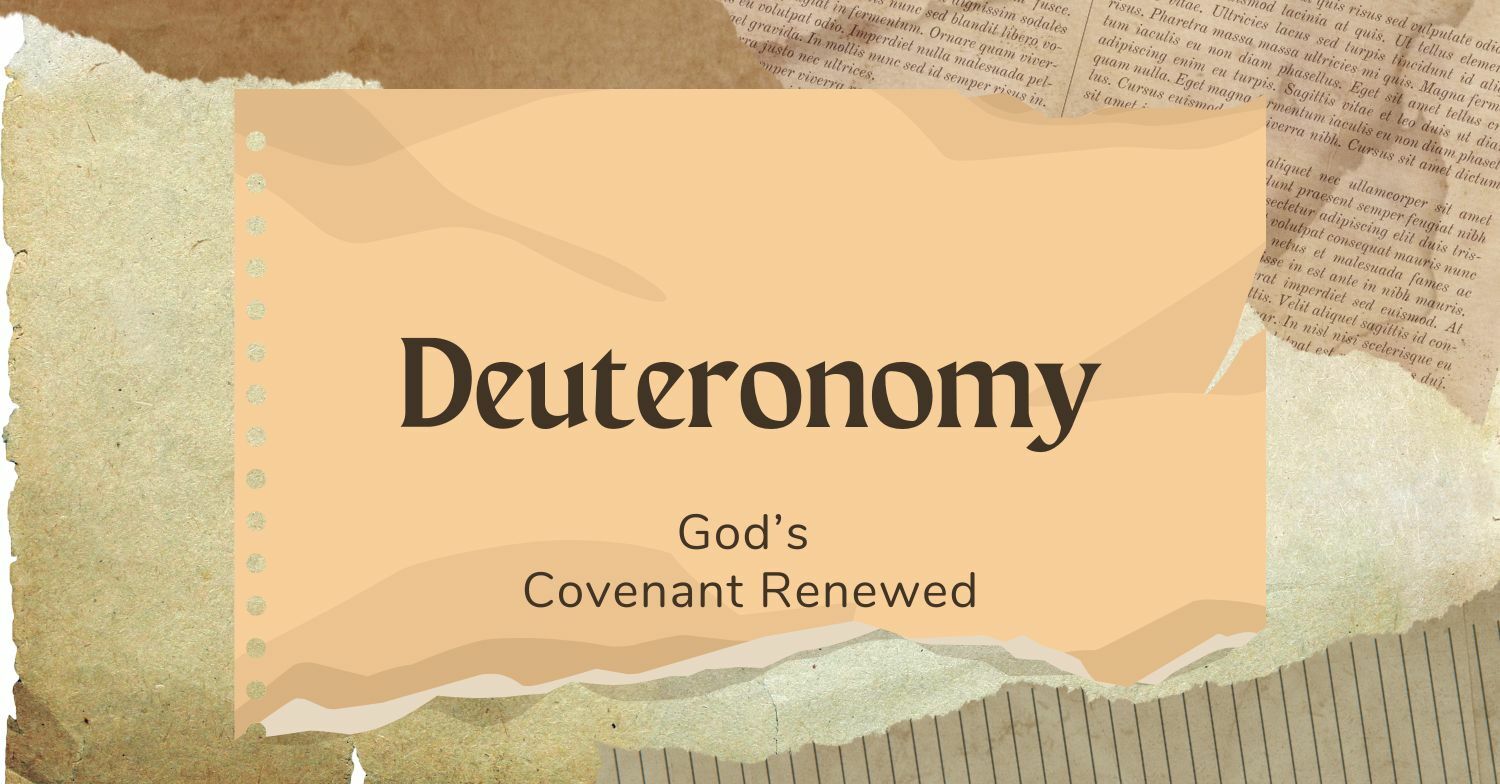
Living a Life Set Apart
Deuteronomy 22-24
Deuteronomy 22 covers a variety of laws that promote responsibility, integrity, and moral purity. The chapter includes commands about returning lost property, proper treatment of animals, and the importance of maintaining gender distinctions. It also addresses the sanctity of marriage and sexual purity. These laws reveal God’s concern for how His people live in their everyday interactions, showing that obedience to Him is not just about religious rituals but also about how we treat others. As believers, we are called to reflect God's care, honesty, and holiness in all areas of life, demonstrating love and righteousness in our relationships.
In Deuteronomy 23, God lays out guidelines regarding who can enter the assembly of the Lord, the importance of keeping vows, and maintaining purity in the camp. These laws emphasize that God’s presence among His people requires holiness. The exclusion of certain groups and the commands concerning cleanliness remind us that sin separates us from God, but His desire is always for restoration. In Christ, we see the fulfillment of these laws—He cleanses us from sin, allowing us to dwell in God’s presence. As followers of Christ, we are called to pursue holiness, knowing that God walks among His people and desires a pure heart.
Deuteronomy 24 highlights God's heart for justice and compassion. The laws concerning divorce, fair treatment of workers, and care for the poor show that God values the dignity and well-being of all people. Special attention is given to protecting the vulnerable—the foreigner, the fatherless, and the widow. These commands remind us that God is just and merciful, calling His people to reflect His character in their dealings with others. Jesus embodied these principles by caring for the outcasts and calling His followers to do the same. As we seek to live faithfully, we must show justice, kindness, and generosity to those in need.
These chapters reveal God’s desire for His people to be set apart in their daily lives through holiness, integrity, and compassion. His commands emphasize both personal righteousness and social justice, showing that obedience to Him extends beyond religious duties into how we care for others. In Christ, we see the ultimate fulfillment of these laws, as He makes us holy, welcomes us into God’s presence, and calls us to love our neighbors with justice and mercy. As believers, we are challenged to walk in purity, live with integrity, and extend compassion to those in need.
Reflection Questions:
- How does Deuteronomy 22 demonstrate God's concern for both small and significant aspects of our daily lives?
- What does Deuteronomy 23 teach us about holiness and God's desire to dwell among His people?
- How does God’s care for the vulnerable in Deuteronomy 24 reflect His character, and how can we apply that to our own lives?
- In what ways did Jesus fulfill these laws, and how does that shape our understanding of the gospel?
- How can we live set-apart lives today while showing love, justice, and compassion to others?
